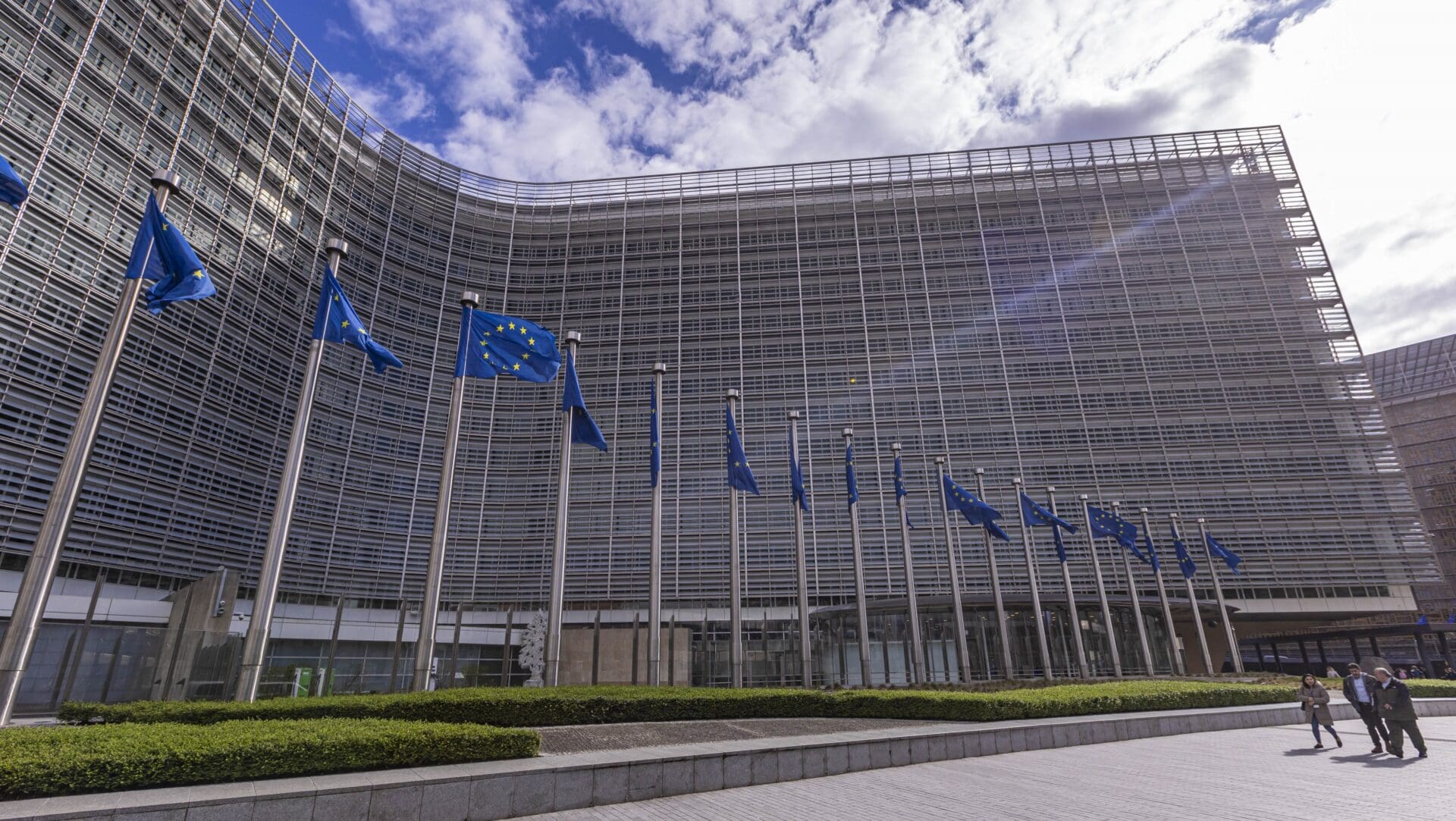The Center for Fundamental Rights has issued a sharp critique of the European Commission’s newly released country-specific recommendations, arguing that Brussels is actively working to dismantle some of the most impactful economic policies of the past 15 years in Hungary. According to the think tank’s analysis, the recommendations reflect a coordinated push to end support for Hungarian households in favour of multinational corporate and geopolitical interests—particularly those supporting Ukraine.
In its statement, the centre claimed the recommendations directly challenge flagship Hungarian government policies such as utility price caps, family housing subsidies (CSOK), interest rate freezes, and windfall taxes. It also highlighted a recent infringement procedure initiated by the European Commission against Hungary’s retail margin cap as further evidence of pressure.
The analysis accused the European Commission, led by Ursula von der Leyen, of acting in ways that undermine Hungarian economic sovereignty. ‘The Commission wants the government to abandon policies that have saved Hungarian households millions of forints in order to subsidize multinationals and Ukraine,’ the statement said.
The think tank also tied the recommendations to recent comments from representatives of Hungary’s opposition TISZA Party. It cited remarks suggesting that Hungary should be willing to concede a degree of sovereignty and that the party’s electoral chances improve when conditions worsen for citizens. According to the Center for Fundamental Rights, this indicates alignment between Brussels and domestic ‘globalist’ political forces.
‘The Commission wants the government to abandon policies that have saved Hungarian households millions of forints’
The document criticizes the EU for labelling Hungary’s support for fossil fuels as excessive, suggesting that removing such subsidies would be more consistent with EU climate goals and promote energy conservation. The centre countered that this would force Hungarians to shoulder the financial burden of the Ukraine war, a move the Hungarian government has resisted. Brussels’ long-standing discomfort with Hungary’s energy price caps was also highlighted. According to the think tank, Hungary is under fire for continuing to buy cheaper Russian energy instead of raising consumer prices in line with EU expectations. It recalled that under the Gyurcsány government, Hungarian households paid some of the highest utility costs in Europe—an era many associate with foreign corporate profits.
The family home creation subsidy (CSOK) was also singled out in the EU’s recommendations as a market-distorting measure, with Brussels urging Hungary to limit eligibility and adopt more ‘targeted’ tools. This stance, the centre noted, has been repeated in every country report since 2022. The recommendations also call for phasing out the interest rate cap, margin reductions, and extra profit taxes—moves Brussels has classified as ‘anti-market’.
‘In this view, Hungary’s insistence on shielding its population from rising costs is increasingly at odds with Brussels’ vision for the bloc’
While not legally binding, the European Commission’s annual recommendations have political weight. The Center for Fundamental Rights warned that defiance may trigger ‘political retaliation’, as seen in past budgetary negotiations and infringement procedures.
Summing up its critique, the centre stated that the EU no longer formulates recommendations with the citizens of member states in mind, but instead acts under the influence of corporate lobbying and geopolitical strategies. In this view, Hungary’s insistence on shielding its population from rising costs is increasingly at odds with Brussels’ vision for the bloc.
Related articles:







